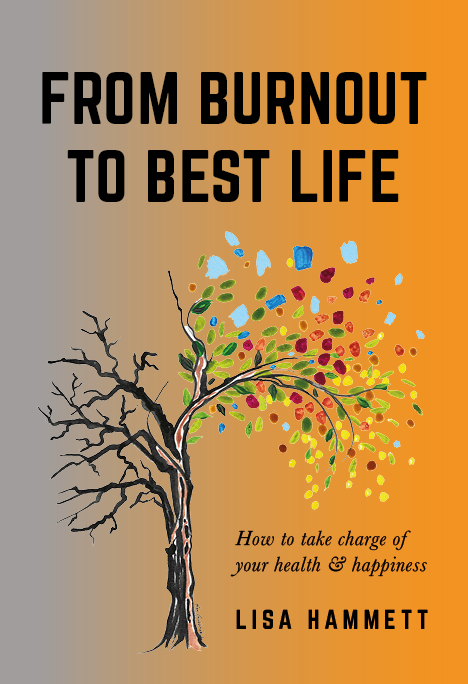No matter how much you are making, your peace of mind should always come first. In an ideal world, you would look forward to going to work, but the reality is often not so rosy. Sometimes, things can turn sour, and the negativity around you can reach a point where it becomes unbearable. A toxic work environment is a place where the employees feel unhappy, unsupported, and unappreciated. It’s a place where morale is low, and conflicts are always rampant. But how do you know when you’re working in an environment that’s poisonous? Often, it’s hard to tell. In this article, we delve deep into the definition of a toxic work environment and share famous quotes that align with this notion.
What is a Toxic Work Environment?
An office can become toxic when workers are overworked, exhausted, and stressed all the time. People don’t want to go to toxic environments since they feel helpless and defeated there. It’s a place where you work with inadequate leadership and under supportive management. A toxic workplace develops a culture of blaming, harassment, and bullying and lacks responsibility and openness. Employees in toxic workplaces frequently experience feelings of undervaluation, underappreciation, and lack of support. In the worst cases, a toxic workplace can result in low productivity, significant loss of staff, emotional and physical problems, and a bad business atmosphere.
Famous Quotes that Define a Toxic Work Environment
The famous quote “People leave managers, not companies” by Marcus Buckingham rings true. In a toxic work environment, people leave because they are not being heard, have no autonomy, or their contributions are not being recognized. Another quote by Leonardo da Vinci, “He who does not punish evil, invites it” highlights the need for management to take a stance against bullying, intimidation, and any unnecessary negativity that may prevail in the workplace. Similarly, the quote ‘In any moment of decision, the best thing you can do is the right thing, the next best thing is the wrong thing, and the worst thing you can do is nothing,” attributed to Theodore Roosevelt highlights the importance of taking action to make things right.
How to Identify a Toxic Work Environment
It’s not always simple to spot a toxic work environment because, at times, you can believe that the problem is with you rather than the company. However, you can identify a toxic workplace by looking for certain signs. For example, do you find yourself dreading going to work? Do you have constant worry or anxiety at work? Have you experienced bullying or witnessed others being bullied? Are employees often fighting, arguing about issues, or gossiping? Is the leadership ignore the opinions or concerns of the staff? Are the decisions that CEOs and leaders make lacking in freedom or balance? These are just a few warning signs that indicate your workplace is toxic.
What to Do If You’re in a Toxic Work Environment
Sometimes, quitting your job may not be an option. So, what can you do if you’re in a toxic work environment? First, try to find out whether the work environment you’re in needs improving or if it’s just you who’s struggling to adapt. Speak up and express your concerns to your manager. Document any evidence of bullying or harassment if that’s the case. Sometimes, simply walking away from harmful behaviors may also help, especially when others are arguing or gossiping. You can also seek help from mental health professionals if you feel overwhelmed or unsafe at work.
A toxic work environment is a place where employees feel stressed, unsupported, and undervalued. Famous quotes such as “People leave managers, not companies”, “He who does not punish evil, invites it,” and “In any moment of decision, the best thing you can do is the right thing, the next best thing is the wrong thing and the worst thing you can do is nothing,” emphasize the importance of leadership in creating a safe, supportive environment that maximizes engagement, productivity, and well-being. If you’re struggling with a negative work environment, try to identify the root cause of the issue. Speak up and document any evidence if it’s impacting your well-being or unfair to others. Remember, your peace of mind is invaluable, and you deserve to work in a place that promotes positivity, respect, and growth.







